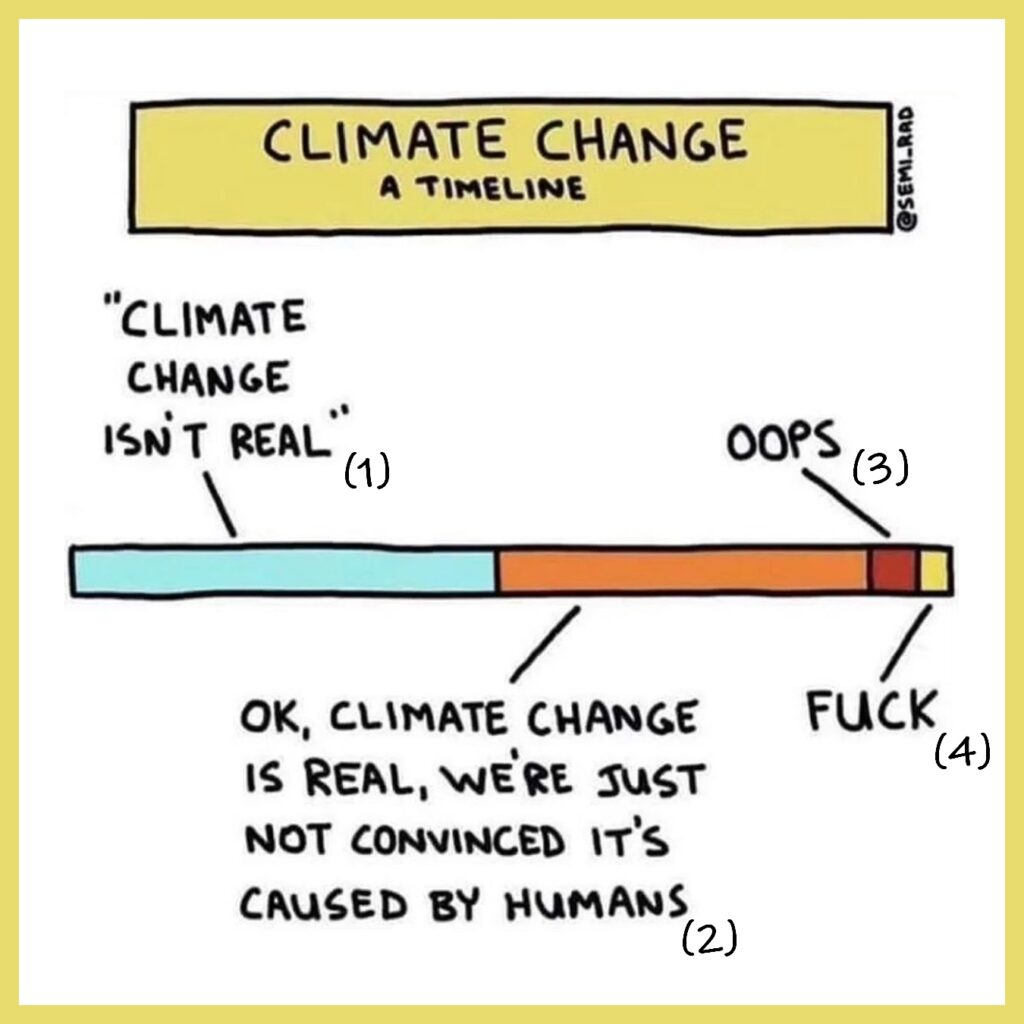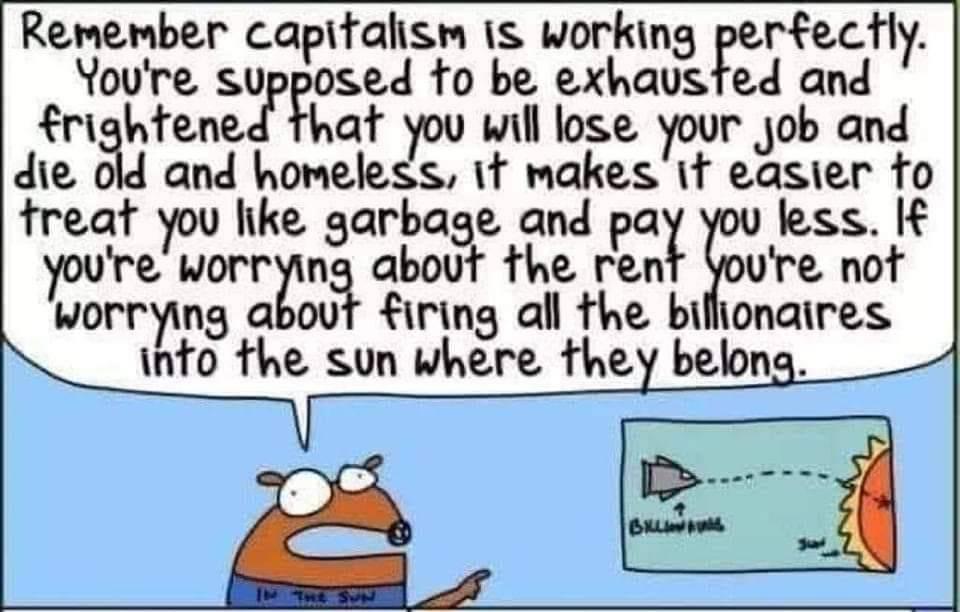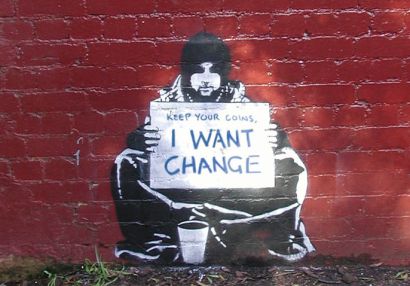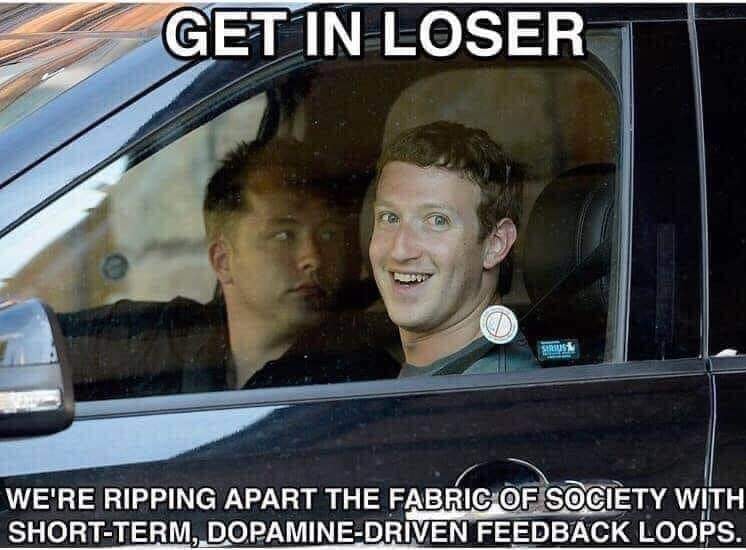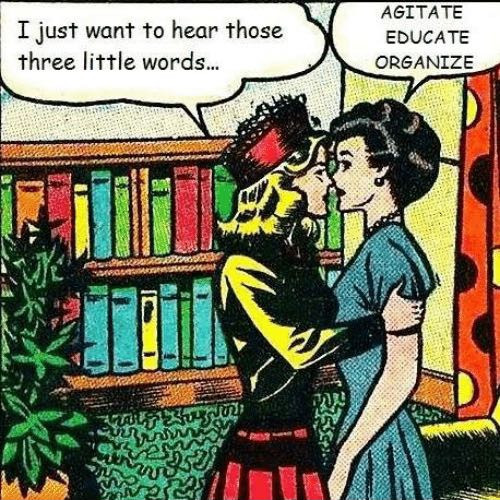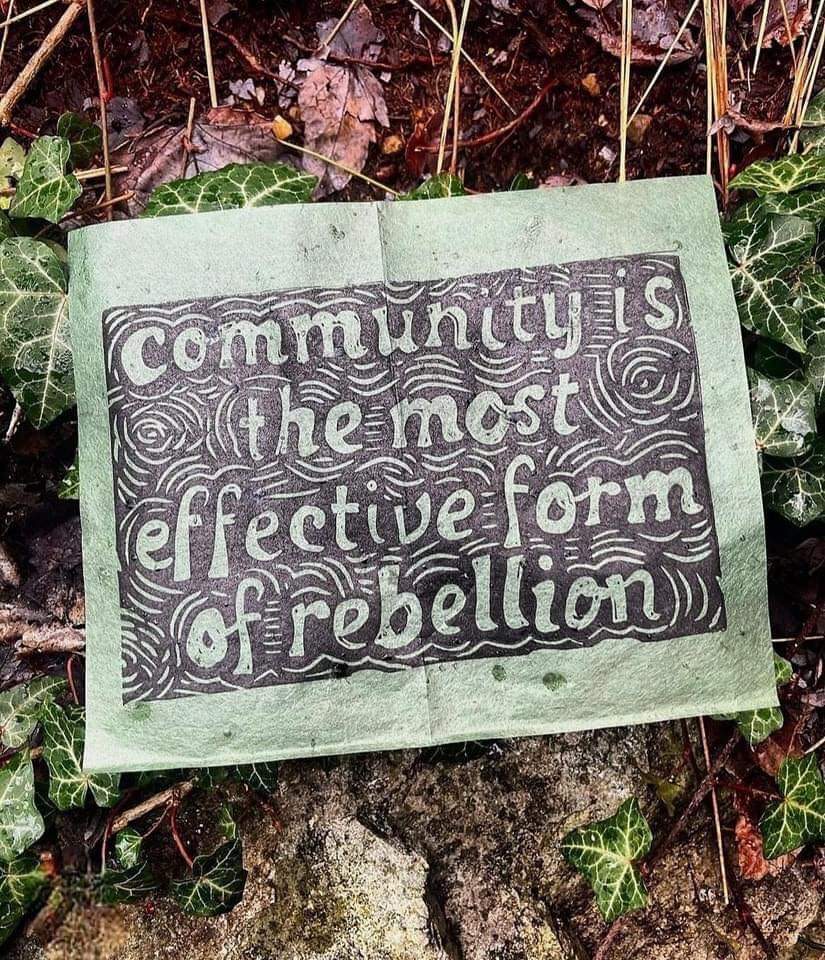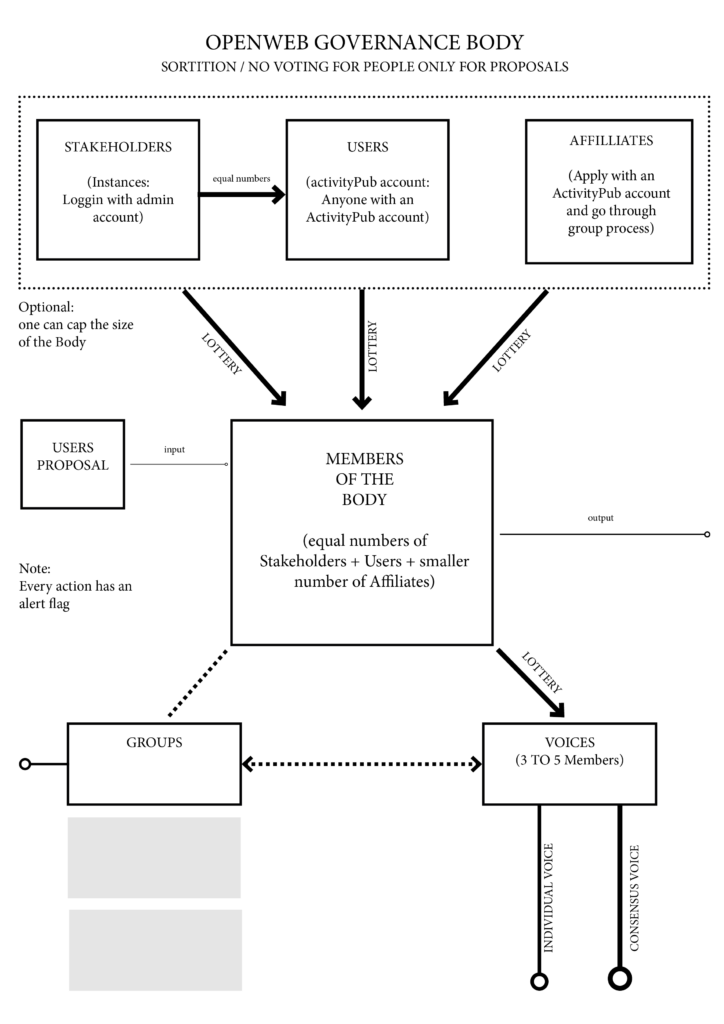We have a blinded dogma running our economic, social and environmental lives, The dominance of the free market, for the last 40 years personified by the #deathcult worship, has instilled in us a deep-rooted belief in the power of market-driven signals as a determinant of value and action. This belief system prioritizes capital and greed as the primary forces that drive progress and social development. However, as our world becomes increasingly digitized, it’s past time to rethink and replace these signals with something more sustainable and aligned with collective welfare: #opendata signalling based on the #4opens.
Market signalling, a core tenet of capitalism, operates on the assumption that prices, supply, and demand efficiently communicate the state of the economy. These signals guide decisions across industries, influencing everything from resource allocation to investment trends. While this system has propelled economic growth, it comes at a significant cost: environmental degradation, social inequality, and systemic exploitation of every type. In resent years, our worship of this “free market” led to an economy built on misery – a #miseryeconomy where people and communities pay to escape the hardships imposed by the very system they are part of. You see this everyday life.
The open vs. closed data dichotomy is currently largely invisible, so good to bring focus to this. When considering alternatives to market signalling, we need to explore the difference between open and closed data paths. The original #openweb was built on the #4opens principles – open source, open data, open standards, and open processes. These fostered transparency, collaboration, and equitable growth. However, the rise of the #dotcons over the past two decades introduced #closeddata silos that have stifled and blocked the native path. Closed data systems prioritize proprietary algorithms, user data and metadata hoarding, and opaque decision-making processes. This has been used to reinforcing capital-driven signals as the only path, the #closedweb is something we need to put energy into composting.
In the emerging #openweb ecosystem, there is a new model – one rooted in #opendata signalling. Unlike market signals driven for profit, opendata signalling operates on transparent and shared data inputs that inform decision-making across communities. This shift prioritizes communal benefits, sustainability, and builds trust. This path currently can only be glimpsed in the messy #fashionista driven #openweb reboot we are a part of. Consider the surge in decentralized networks such as #Mastodon, the broader #Fediverse, #BlueSky, and #Nostr. Over the past years, these have grown from a few hundred thousand users to tens of millions, highlighting an appetite for more community-driven paths. Open-source platforms like WordPress are integrating ActivityPub to support decentralization, extending open data practices to a quarter of the web. Even #dotcons corporations like #Facebook (with its #Threads initiative) are adapting to this movement, albeit with a corporate agenda.
What opendata signalling looks like? In a practical sense, #opendata signalling means that any institution or person running a Mastodon instance, for example, can access a significant portion of the Fediverse’s content as plain text in their database. This access allows communities to collaboratively analyse and act on data without any intermediaries distorting and monetizing it for control.
Imagine policymaking informed by real-time public discourse, free from the profit-driven filters. Local governments could tap into decentralized data to plan infrastructure, health initiatives, or educational reforms that reflect actual community needs. Environmental policies could be shaped by transparent data on ecological impact, rather than suppressed by industry lobbyists protecting closed capital interests.
Challenges and Considerations? Transitioning to opendata signalling isn’t without challenges. Regulation and policy will need to adapt to safeguard open data’s integrity. The fear of spam and manipulation, which critics often raise, must be addressed with intelligent design and federated community moderation. Yet, these challenges are surmountable compared to the unsustainable trajectory of a market that fails to act collectively for evern basic survivability.
Moving beyond worship, with our reverence for the “free market” as an ultimate arbiter has reached its logical and moral limit. By embracing opendata signalling and shifting away from closed, profit-driven paths, we create a foundation where collaboration, sustainability, and shared progress are at the forefront. This is not only a technological shift but a cultural one, As we continue this transition, let’s recognize that our digital choices will dictate whether we uphold the values of the #openweb or fall back into the restrictive practices of #closedweb. Let’s try to have a real conversation about this, please.



